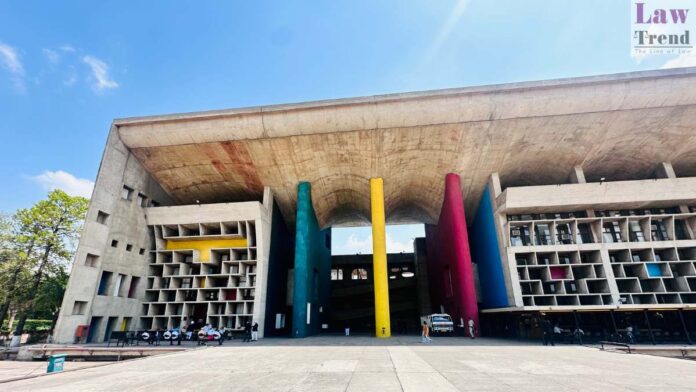In a rare and controversial move, the Chief Justice of the Punjab and Haryana High Court, Justice Sheel Nagu, has withdrawn a case from a sitting judge just days after it was heard and reserved for judgment, citing “oral and written” complaints and acting “in the interest of the institution” and “to protect the reputation” of the judge concerned.
The case, concerning a plea by petitioner Roop Bansal to quash an FIR lodged by the Haryana Anti-Corruption Bureau under the Prevention of Corruption Act, had been heard by Justice Mahabir Singh Sindhu and judgment was reserved on May 2. However, Chief Justice Nagu issued an administrative order on May 10, withdrawing the matter from Justice Sindhu and listing it before a newly constituted bench — comprising himself — for hearing on May 12.
Senior advocate Mukul Rohtagi, appearing for the petitioner, strongly objected to the move, arguing that once a case is heard and reserved, it cannot be withdrawn and reassigned without breaching judicial norms. Rohtagi emphasized that such withdrawal from a bench holding the roster undermines the sanctity of judicial process.
The court order justified the Chief Justice’s action by underscoring his wide-ranging powers as the “master of the roster”, stating that these powers are “untrammelled and immune from judicial scrutiny.” The Chief Justice acted upon complaints received between May 8 and May 9, which, according to the order, left little time for deliberation.
“In the fitness of things,” the Chief Justice took a “drastic step” to “draw curtains to the controversy and save the institution and the concerned judge from any further embarrassment,” the order noted. It added that failing to act promptly would have amounted to a dereliction of duty and a betrayal of public trust.
While the exact nature of the complaints remains undisclosed, the order emphasizes that the Chief Justice’s intervention was both a preventive and protective measure. It also clarified that there is no legal bar — express or implied — on withdrawing a case that has been heard and reserved.
Legal experts and observers have raised eyebrows at the development, pointing to potential implications for judicial independence and the established norms surrounding reserved judgments. Critics argue that reassigning a case at such a late stage could set a precedent for administrative overreach within the judiciary.
Despite the controversy, the High Court maintains that the move was made solely to preserve the dignity of both the institution and Justice Sindhu. The case will now be reheard and adjudicated by Chief Justice Nagu himself.




